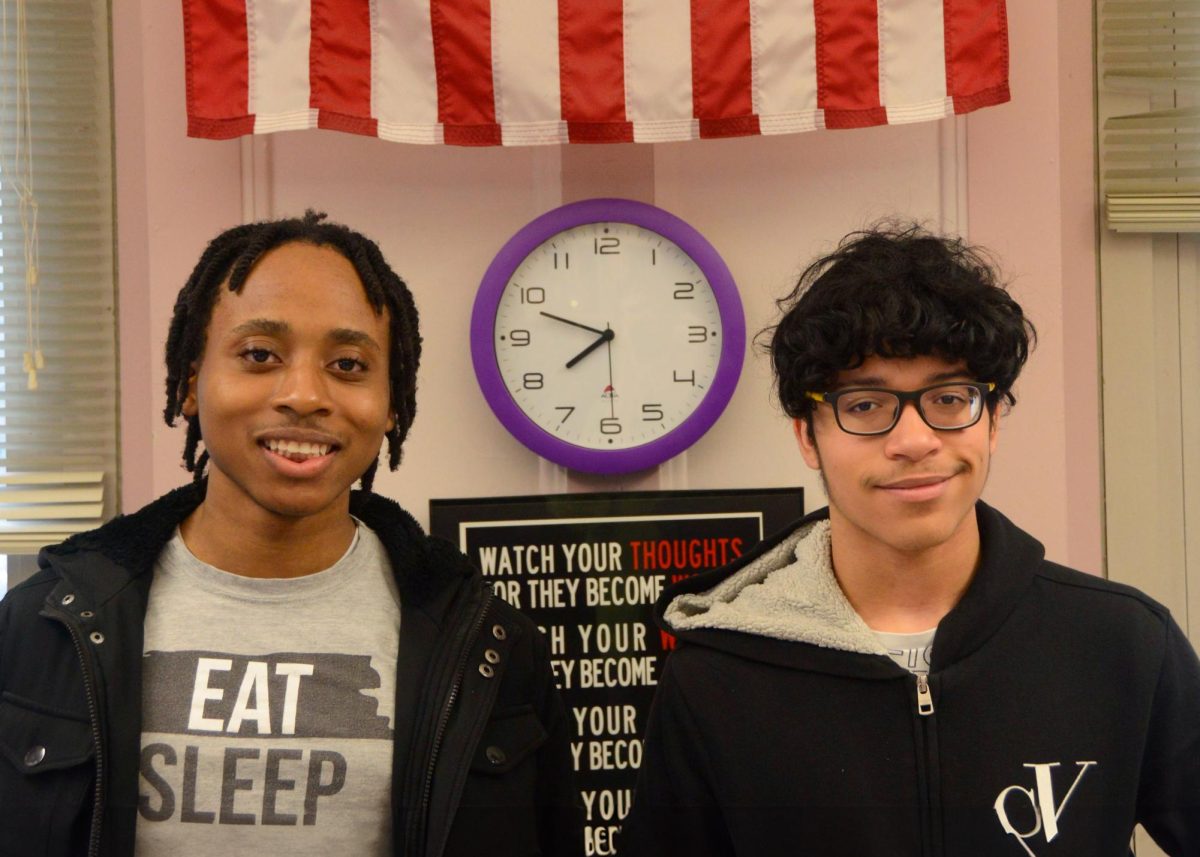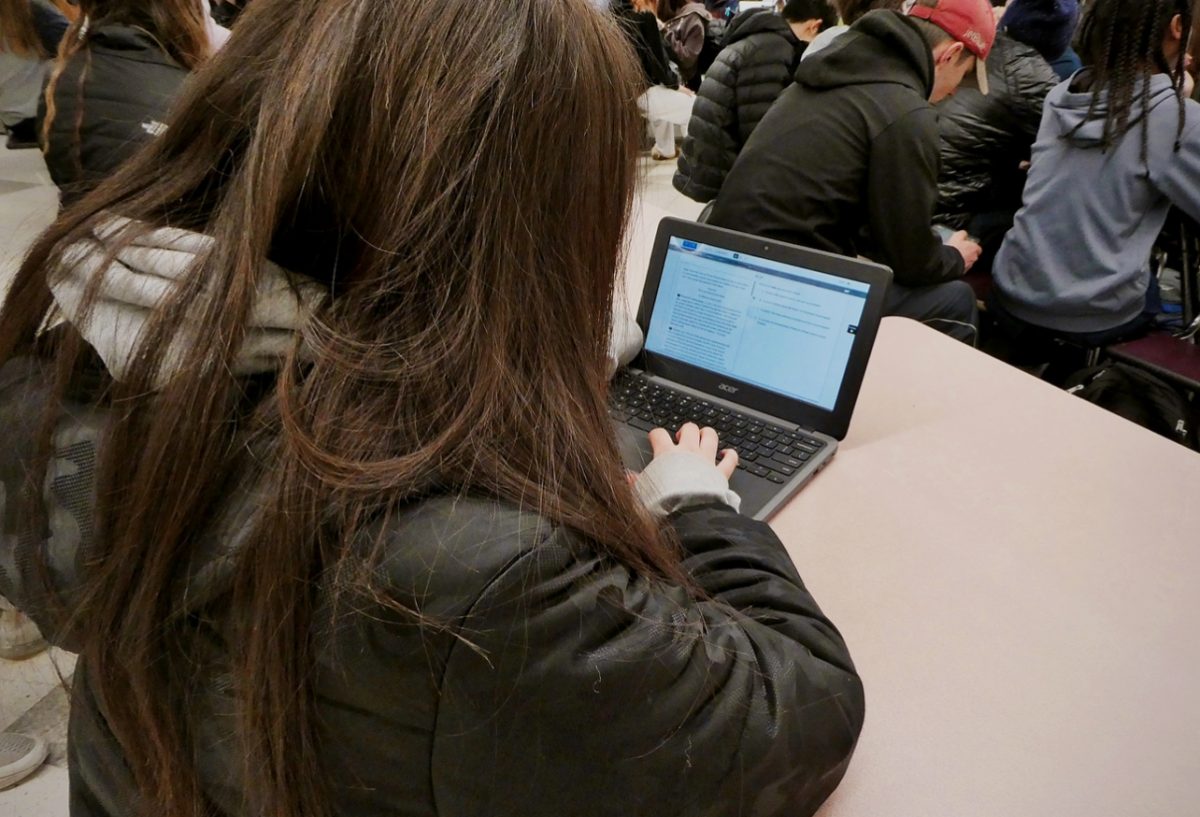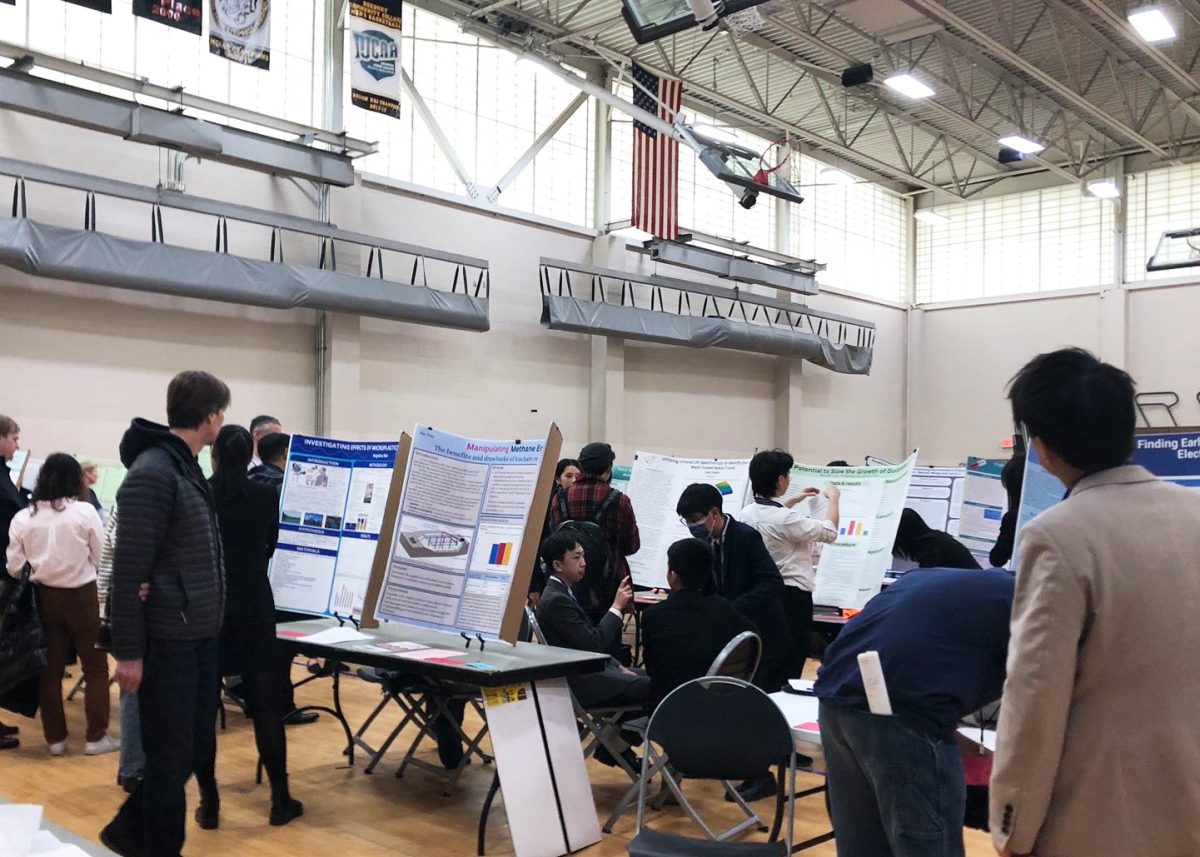Boston Public Schools is currently making changes to the English as a Second Language (ESL) Program after Former Assistant Superintendent of Boston’s English Learners Program Aket Harang Kapur sued the district.
On March 15, Kapur filed a complaint in the Suffolk Superior Court after she was pushed out of her role. Kapur claims that retaliation started when she learned that about 200 intermediate English language learners had been transferred to general education programs.
The current BPS ESL program requires all parents or guardians to fill out a survey upon placing their child in school. In the survey, parents note whether they speak another language at home. From there, students take a screener test, which indicates if they need ESL services.
Many BPS schools, including Boston Latin School, require students to take the ACCESS test each year to assess their English skills. They must reach a proficient level to be transferred out of the class.
The ESL curriculum at BLS, similar to that of other local schools, offers two methods of teaching. Students at a foundational level are enrolled in the Stand-Alone program, where students of the same grade and English level are pulled out of class to meet with an ESL teacher. Students at a higher level are put into the ESL Embedded Program, in which an ESL teacher co-teaches with the students’ classroom subject teacher.
ESL students around BPS feel that the Stand-Alone program should be improved. Former ESL student Tien Ho (III) reveals, “My brother spent more time in ESL than I did. After he transferred out [of the program], he still struggled a lot because he wasn’t used to the amount of work or the type of work that students did.”
Thus, BPS is currently improving the ESL curriculum, specifically the Stand-Alone curriculum, which has three levels. For each level and grade, ESL teachers are required to write a curriculum similar to any other content area, but specially designed for ESL students.
BPS is also improving the ESL Sheltered English Immersion (SEI) Program. In this program, students are pulled out in groups based on level and grade and taught completely in English. Teachers only provide native language clarifications if necessary.
Having learned about Kapur’s complaint against the current ESL program, many teachers also feel that some parts of the curriculum could be improved. BLS ESL Teacher Dr. Kelly Sample explains, “It’s hard to give their future teachers the full picture of how they’re going to perform academically or how they’re going to be socially [and] emotionally […] when it comes down to one test score.”
Teachers also express their hopes of adding more bilingual programs in schools around BPS, which can enhance students’ proficiency not only in English but also in their native language. Other aspects include the desire for flexibility in choosing programs and letting each school within BPS decide which program is best for them.
BLS ESL students also believe the overall resources for those speaking minority languages need improvements. BLS ESL student Aylin Ozdemir (III) says, “When it comes to minorities, like people like me, there’s no one who actually speaks Turkish as a first language [at this school]. I don’t think we have enough resources, such as dictionaries and books.”
Though both teachers and students believe the program needs improvements, they acknowledge that improvements are difficult to implement. Some challenges include restricted resources from a limited budget and working new programs into schools that are already accustomed to certain programs.
Despite the recent backlash from the lawsuit and the urge for improvement, ESL teachers strive to continue creating a safe environment for students. BLS ESL Teacher Mrs. Caroline Falcone Dolan concludes, “The hope is that the students […] feel empowered and feel like their language is an asset or a superpower, and they’re able to grow in their native language, as well as in English.”






